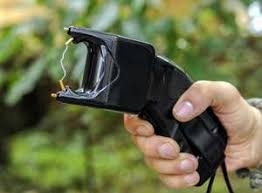Recently, the United States Supreme Court heard oral argument in a case, important to New York Criminal defense lawyers, requiring the court to determine if the “community caretaking” function of police officers allows them to enter a private resident’s home. While the Court has not yet issued an opinion in the case, one is expected by the middle of the year. When the Court ultimately decides the case, it could significantly impact New York search and seizure laws.
What Is the Community Caretaking Function?
Under the state and federal constitutions, police officers are generally required to obtain a warrant before searching a person or their belongings, including their cars and homes. However, there are exceptions to the warrant requirement. Most notably, police officers can conduct limited searches after making a lawful arrest.
However, there are also other exceptions. For example, say a police officer sees someone pulled off the side of the road in their car. As the officer drives by, the person is slumped over the wheel. Fearing that the person may have suffered some kind of medical event, the officer stops and knocks on their window. As it turns out, the driver was intoxicated. In this case, although the officer may not have had probable cause to stop the driver, courts would likely consider the traffic stop and subsequent arrest of the defendant lawful because the officer was not investigating a potential crime.
 New York Criminal Attorney Blog
New York Criminal Attorney Blog


